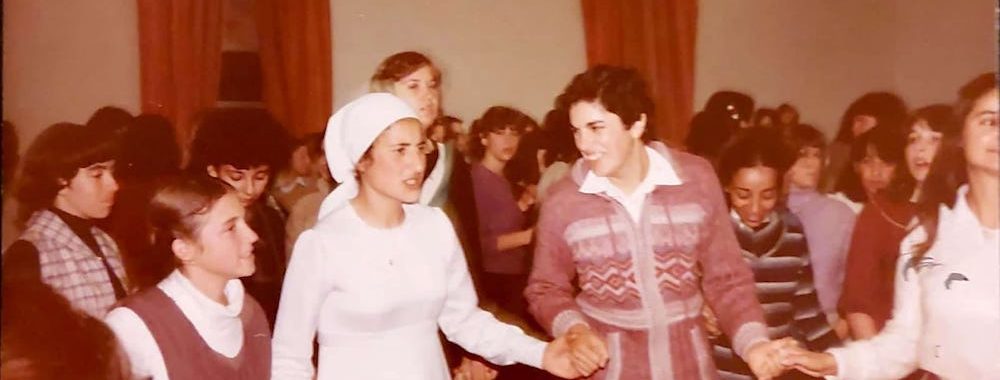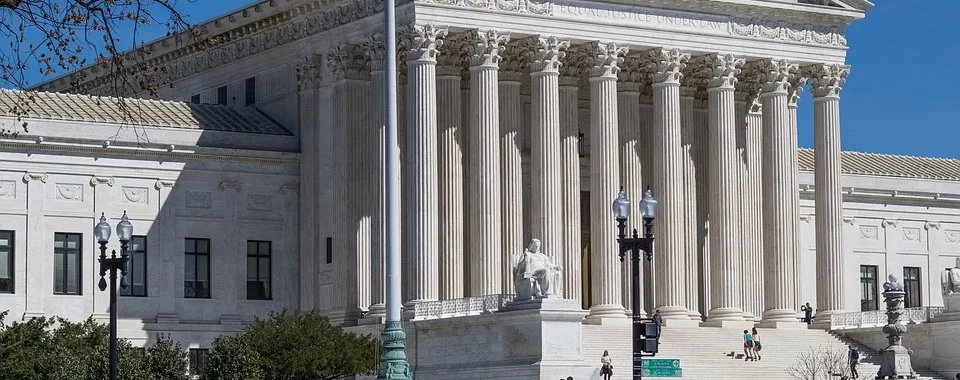“Lifting Up the Pico Union Project as a Model for the Repurposing of Religious Buildings” by Laurie Gross & Craig Taubman
Photo of a church in Iceland by Ludo-Photos (CCO) A virtual conference sponsored by Canopy Forum and the Center for the Study of Law and Religion at Emory (CSLR) featuring scholars, experts and practitioners who will examine issues facing religious congregations, neighborhoods, towns, and cities where houses of worship are falling into disrepair or vacancy. View selected videos and browse all…









